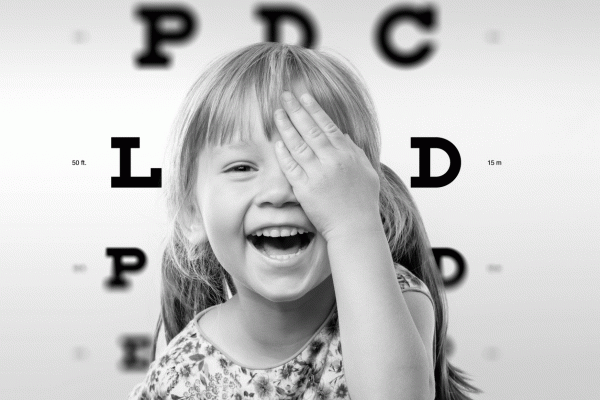Archives
Stay up-to-date and on top of your health with our e-Newsletter and receive updates on current treatments and vital health issues.
Keeping an Eye on your Eyes

We often take our vision for granted until a problem arises; out of sight, out of mind. However, maintaining good eye health is important throughout our lives and can prevent the development of visual impairment. We use vision as an important tool to interact with and gather information about our environment. It is used in almost all daily tasks and essential for independence.
Optometrists are a valuable resource. They don’t just prescribe glasses and contact lenses, they are a first port of call for checking the overall health of your eyes. To prevent or ensure early detection of eye disease, regular eye checks with an optometrist are recommended, particularly in later age, in the very young, and in the setting of eye symptoms or a relevant family history. Not all eye conditions have obvious symptoms and early detection of eye conditions can save one’s eyesight.
Stay alert to your child’s eye health. All children should have their eyes checked at pre-school age by a paediatric optometrist or ophthalmologist. Warning signs of a possible underlying problem include: mal-aligned or cross-eyed appearance of the eyes, drooping eye lids, preference for sitting up close to the TV or holding a book close to the eyes, or concerns raised about your child’s participation at school.
Other ways to maintain eye health:
- Wear protective eyewear – protect your eyes from UV rays and from environmental hazards. When purchasing sunglasses look for ones that block out 99-100% of UVA and UVB radiation, also wear a wide-brimmed hat to shield your eyes and avoid looking directly at the sun. Eye accidents at home or in the workplace can often be avoided by wearing appropriate safety eye wear.
- Quit smoking – smoking increases your risk of developing cataracts , retinal disease such as macular degeneration , and can cause optic nerve damage, leading to blindness.
- Reduce staring – Spending a lot of time at the computer or focusing intently on something is linked to eye fatigue and a decrease in blinking. The 20-20-20 rule is a good way to help reduce eye strain and encourage blinking: every 20 minutes, look 20 feet (6 metres) away for at least 20 seconds.
- Eat your way to healthy eyes – you can lower your risk of developing eye diseases such as macular degeneration by eating the following foods regularly:
-
- Cold water fish e.g. salmon – foods rich in omega 3 oils
- Leafy greens e.g. spinach, kale, cabbage, brussel sprouts – foods rich in lutein and zeaxanthin
- Bright coloured vegetables especially yellow/orange foods e.g. pumpkin, yellow capsicum, sweet potatoes – foods rich in betcarotene, vitamin C, vitamin A, niacin, lutein and amino acids
- Bright coloured fruits e.g. blueberries, strawberries, raspberries – foods rich in vitamin C
- Nuts and seeds e.g. almonds, sunflower seeds, pecans – foods rich in vitamin E
- Maintain a healthy weight – there is a clear link between excessive weight and the development of a number of eye diseases. Being overweight is known to increase blood pressure and the risk of develop diabetes. These can put stress on the delicate blood vessels in your eyes and lead to serious eye conditions including blindness.